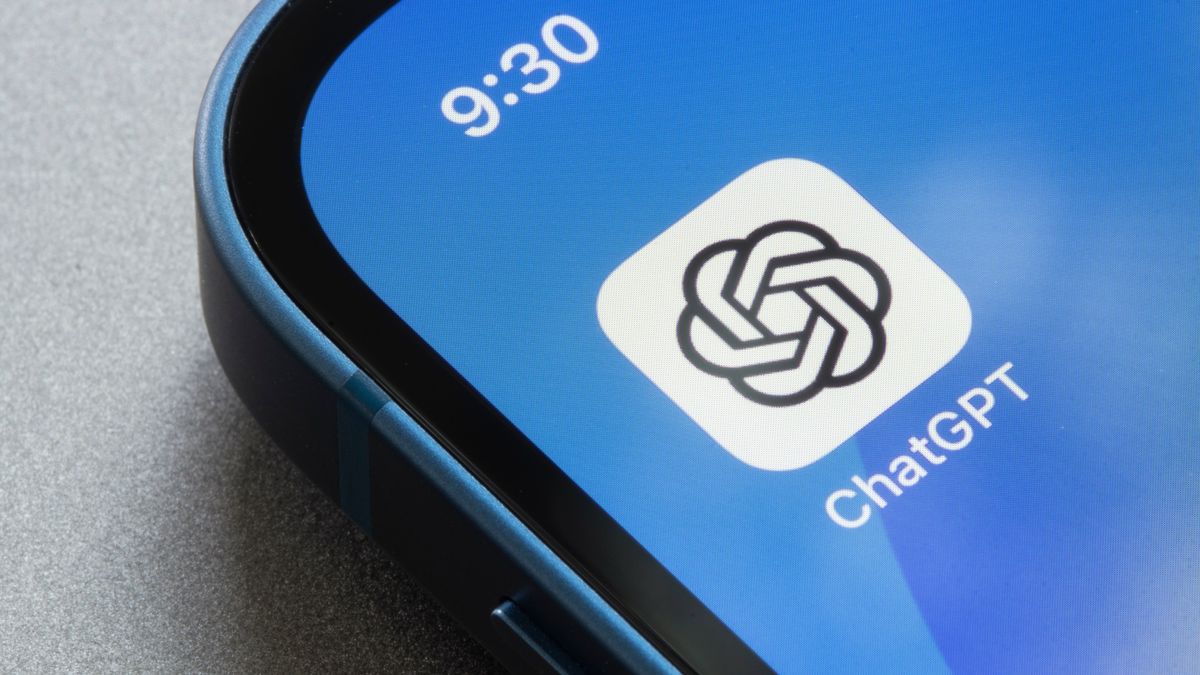- Innovation Profs Newsletter
- Posts
- Innovation Profs - 3/25/2025
Innovation Profs - 3/25/2025
Your weekly guide to generative AI tools and news
In this week’s newsletter
Sign up for final two virtual AI Lunch Clubs
March 26: AI Ethics - What are the ethical implications of using generative AI? Chris Porter will lead a session on AI Ethics to provide an overview of the broader ethical issues associated with generative AI, offering practical insights to help you better understand and address these critical issues. Bring your questions for what we hope will be an engaging and thought-provoking conversation. Want to win a free seat? Send us a DM on Instagram by 1 p.m. Central time today and we’ll pick a winner of a free seat.
April 9: AI in Law and Policy - Generative AI is still in a “wild west” phase with respect to US legal policy, as many legal issues about copyright, fair use, and ownership remain unresolved, even as courts have issued significant rulings in a number of lawsuits. This presentation will give a broad overview of these issues, informed by the latest developments at the intersection of AI and law/policy.
Latest Gen AI News
Claude can now search the web
When ChatGPT was first launched in November 2022, users were unable to access up-to-date information from the web, a feature that wasn’t available until almost a year later when GPT-4 was equipped with web browsing. One notable drawback of ChatGPT alternative Claude to date has been a lack of this web-browsing feature, at least until now. As announced late last week, Claude 3.7 Sonnet is now equipped with the ability to consult the web in the responses it produces, but only for paid users; the feature is expected to be available to free users soon.
OpenAI upgrades its transcription and voice-generating AI models
OpenAI has released a handful of new models specifically adapted for text-to-speech and speech-to-text contexts. First, OpenAI’s new text-to-speech model, gpt-4o-mini-tts, gives users a level of control we have yet to see with text-to-speech tools, namely the ability to control voice “experience” and “context.” For example users can request that the speech be made in a “true crime-style” weathered approach or that the tool speak with “a serene voice, like a mindfulness teacher.” Second, speech-to-text models gpt-4o-transcribe and gpt-4o-mini-transcribe are better equipped to accurately translate speech from a broader set of speakers (e.g. speakers with accents) compared with OpenAI’s previous transcription model Whisper.
Google is rolling out Gemini’s real-time AI video features
As another sign of the increased push to give generative AI access to our surrounding world, Google’s Gemini Live, which is the name of Gemini’s voice mode, is capable of incorporating visual information into its conversations. For instance, it can view and discuss the contents of a user’s screen or have real-time conversations about what is being shown through a user’s smartphone camera. Unsurprisingly, these features are only currently available for premium Gemini users.
Quick Hits
Copilot Deep Dive April 11
Are you ready to fully explore how to get the most out of Microsoft 365 Copilot at work? Sign up for our three-hour virtual workshop to get hands-on and try out Copilot in Teams, Excel, Outlook, Powerpoint and more. Sign up here.
When: April 11 noon-3 p.m. Central
Where: Attend virtually on Zoom
Cost: $150 (early bird rate); sign up 3 or more people for $99 each
In the Classroom with the Innovation Profs

Follow along as we teach Drake University’s first ever generative AI course.
This week’s topic: Advanced ChatGPT
Last week: Generative AI Photos
Lesson: This week we’ll take a deeper dive into ChatGPT, the original and still the most popular large language model. We’ll spend the majority of our time on Custom GPTs, but we will also explore ChatGPT features such as projects, canvas, custom instructions, scheduled tasks, search, voice mode and agents.
Your reading: OpenAI’s guide to GPTs, ChatGPT custom instructions, ChatGPT search, voice mode.
Homework: Our students will be given seven tasks to do to explore advanced ChatGPT features. If you complete even one of them, reply to this email and let us know.
Tool of the week: Gemini Canvas
Google Gemini released Canvas last week, which works the same as Claude Artifacts and ChatGPT well… Canvas (AI companies like to name things the same thing). Gemini describes Canvas a place “to build reports, blog posts, study guides, visual timelines, interactive prototypes, code snippets and scripts, and more.”
Canvas lets you write code or create documents - and then edit them by typing directly on the Canvas or through a normal AI chat interface. Here’s a Canvas we made to play Tic-Tac-Toe.
AI-generated image of the week
Remember when AI-generated images could not do text? Those days are over thanks to Google Gemini’s new image tool. You can use this through Google’s AI Studio. Choose the model named “Gemini 2.0 Flash Experimental,” and prepare to be amazed.

Prompt: A basketball themed birthday invitation that says "Happy Birthday" and "You are invited to a 7th birthday party celebration at Dave & Busters on March 25, 2025" The card should have basketball icons all around the sides.What we found
The Atlantic made a tool to allow users to search LibGen, the pirated-books database that Meta used to train AI. We found six books from Professor Snider’s favorite author (his wife) on the list.







